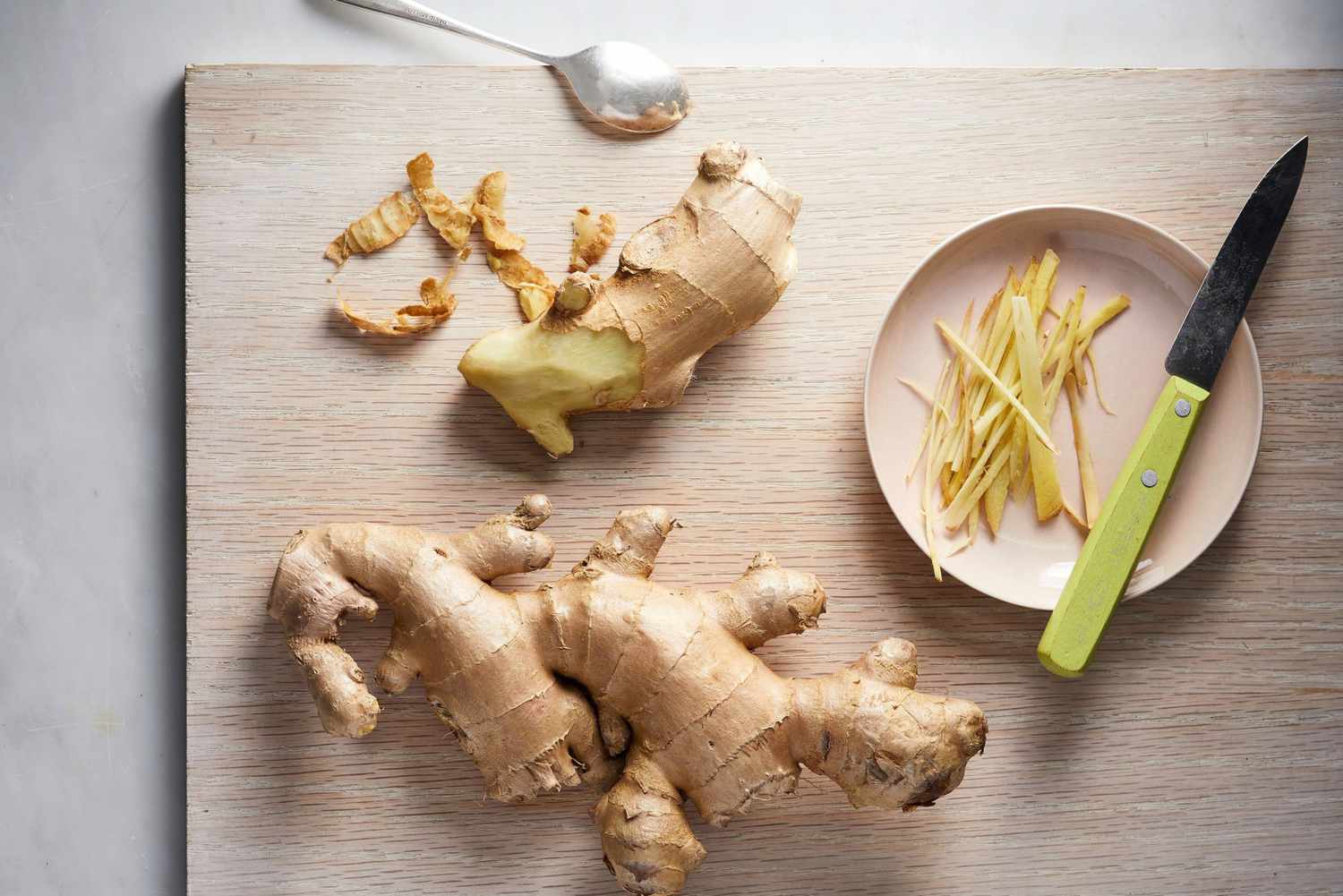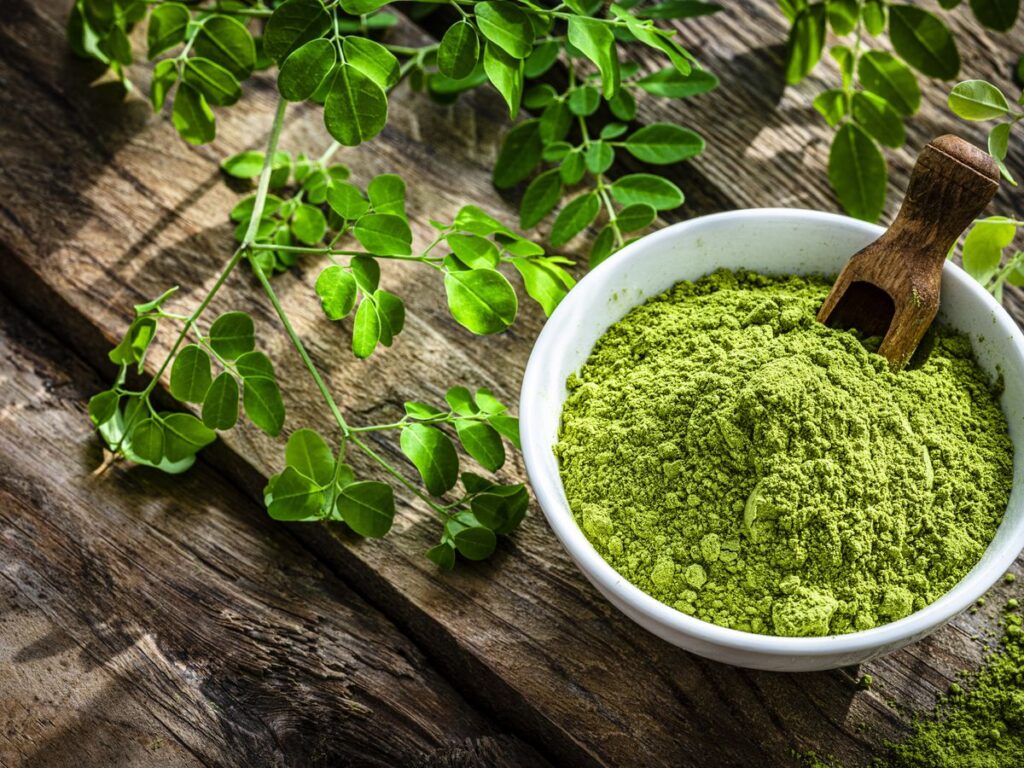Ginger, scientifically known as Zingiber officinale, is a pungent and aromatic spice derived from the rhizome of the ginger plant. It is commonly used in cooking, either sliced, powdered, preserved in syrup, or candied. Originating from Southeast Asia, the ginger plant bears resemblance to bamboo, from which its rhizome is harvested. Renowned as one of the world’s healthiest herbs, ginger is abundant in nutrients, bioactive compounds, and enzymes, making it versatile for both culinary and medicinal purposes.
Ginger is widely recognized for its ability to alleviate upset stomach and nausea. It aids digestion and saliva production and has been suggested to relieve nausea associated with vertigo. However, its effectiveness in alleviating nausea caused by motion sickness, surgery, or chemotherapy remains inconclusive.
While ginger offers numerous health benefits, there are certain conditions in which its consumption is not recommended:
- Pregnancy: Due to its stimulant properties, ginger may induce premature contractions and preterm births if consumed during pregnancy, particularly in the last trimester. However, small amounts may be used to alleviate morning sickness.
- Blood Disorders: Ginger promotes blood flow and circulation, which can be beneficial for conditions like diabetes and peripheral artery disease but should be avoided by individuals with hemophilia, as it can interfere with medication and exacerbate bleeding.
- Medication Interactions: Ginger can interact with medications for diabetes, high blood pressure, and blood thinners, altering their effects on the body and posing potential risks.
- Gallstones: Ginger may stimulate bile production, posing risks for individuals with gallstones.
- Surgery: Consumption of ginger prior to surgery can increase the risk of excessive bleeding and should be avoided in the two weeks leading up to the procedure.
- Underweight Individuals: Ginger’s ability to stimulate digestion and reduce appetite may lead to weight loss and other adverse effects in individuals aiming to gain weight.
Fortunately, there are several substitutes recommended by nutritionists for those who enjoy the flavor and benefits of ginger but are unable to consume it. Cayenne pepper, red paprika, and sweet peppers are viable alternatives that can add a spicy kick to dishes and beverages without the potential risks associated with ginger.




